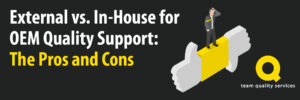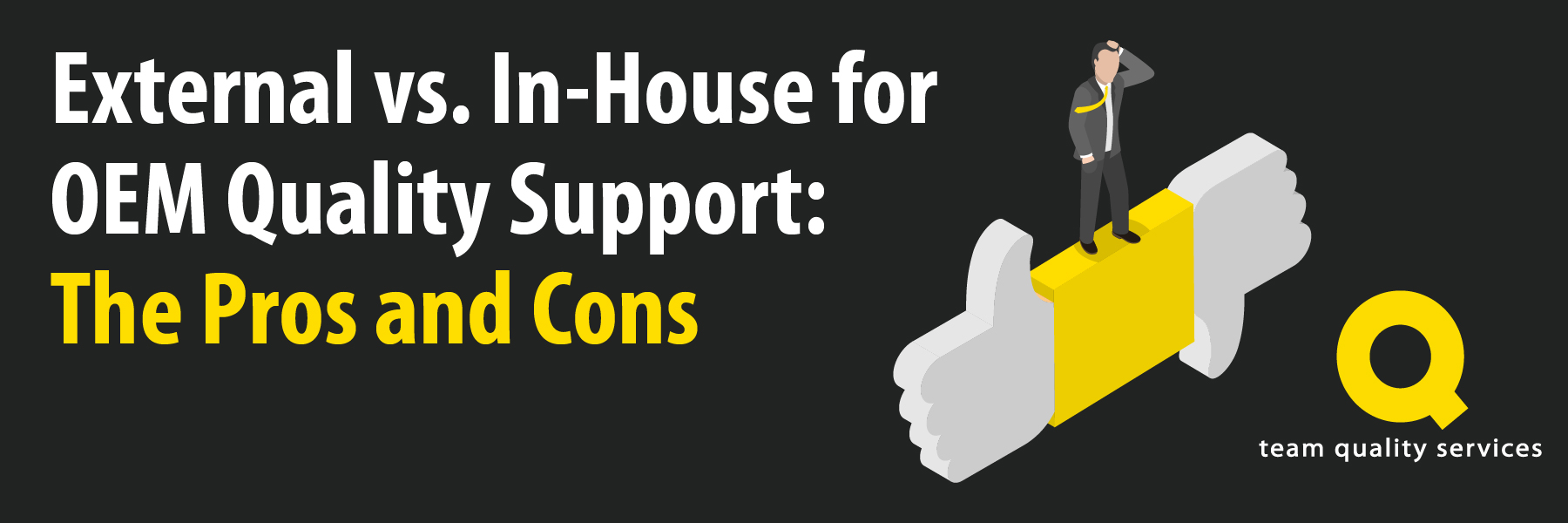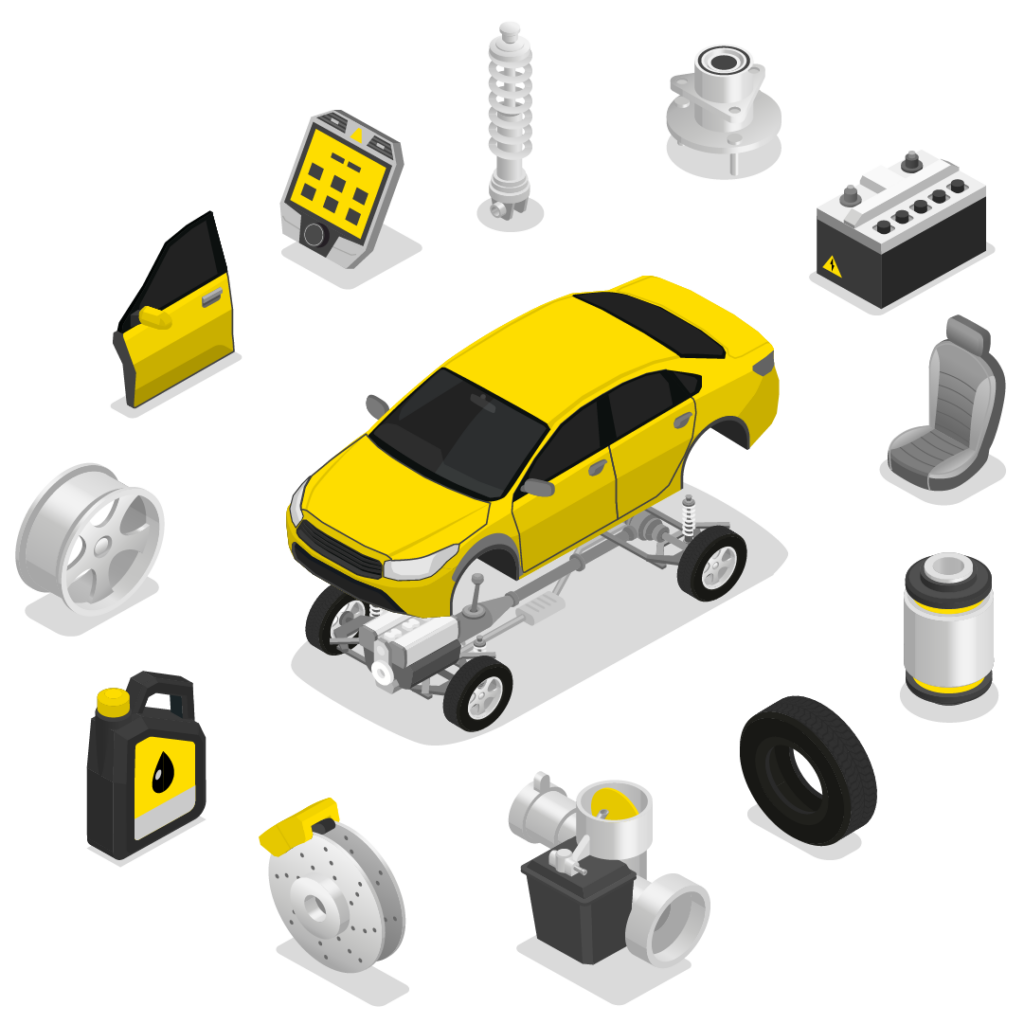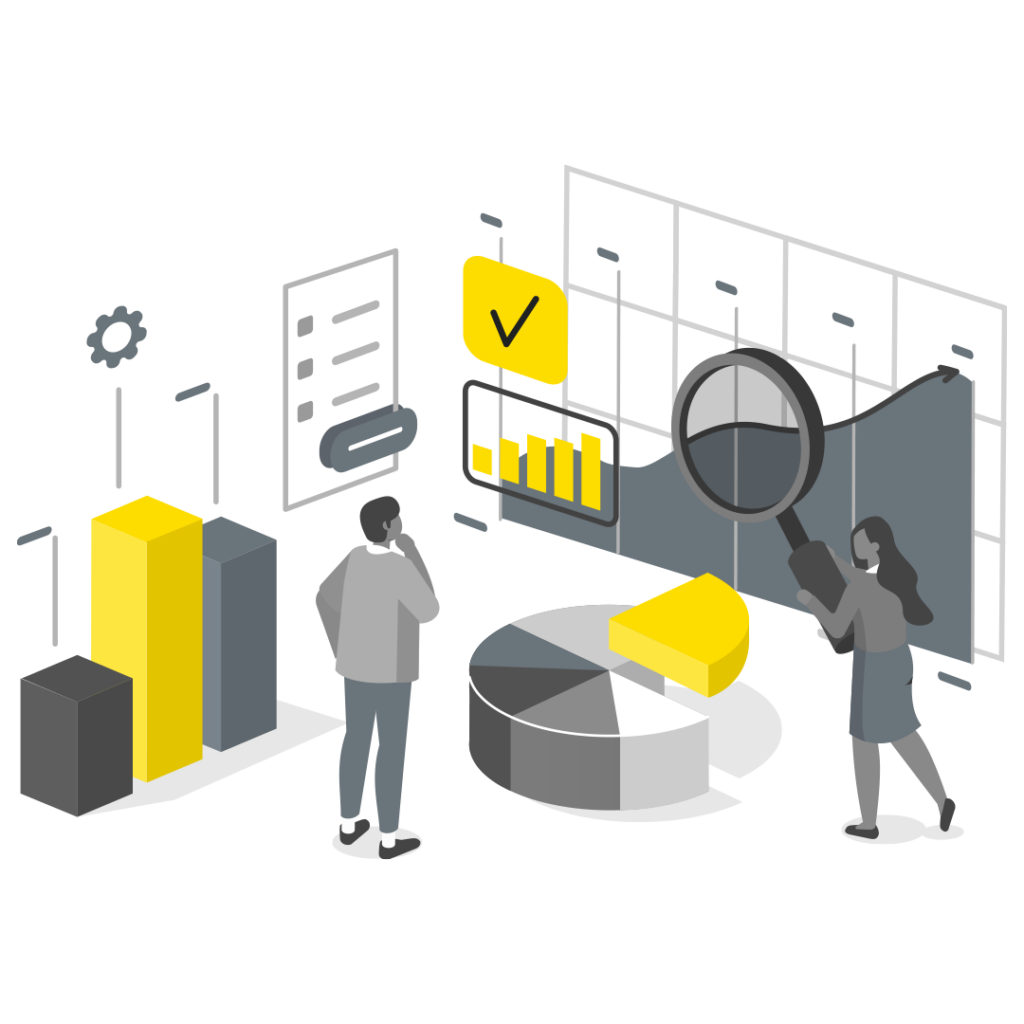In the dynamic world of automotive manufacturing, choosing between maintaining an in-house quality team and leveraging external quality liaison services is a pivotal decision that directly impacts your production efficiency and product quality.
Key Takeaways
- Cost vs. Expertise: We’ll explore the cost-efficiency of external services versus the specialized expertise of an in-house team.
- Flexibility and Scalability: Discover how external liaison services offer flexibility and scalability, crucial in meeting the demands of the automotive industry.
- Communication and Collaboration: Learn about the challenges and advantages of communication and team collaboration in both setups.
By the end of this post, you’ll have a clearer understanding of which approach aligns better with your quality assurance goals, production requirements, and budget constraints. Whether you opt for one, the other, or a strategic combination of both, our insights will empower you to effectively enhance your automotive quality management.

Benefits of External Quality Liaison Services
| 🪄 One Source of Information exclusive TQS benefit Qnet™ by Team Quality Services connects tier 1 suppliers to their liaisons. Manage and receive real-time updates to your quality issues right from the palm of your hand. To learn more about Qnet™, click here. |
| 🪄 Proactive, Network Approach exclusive TQS benefit Team Quality Services has quality liaisons spread across North America and Europe. When there’s a quality issue at one of your locations, all of your locations are notified through Qnet™. This allows your Representatives to take a proactive approach to finding quality issues. |
| ✅ Cost EfficiencyExternal quality liaison services often offer cost savings since you don’t have to hire and maintain a full-time in-house team, including paying for benefits, insurance, etc. |
| ✅ Specialized ExpertiseQuality liaison firms specialize in their field and typically have extensive experience and expertise in automotive quality standards and practices. |
| ✅ Reduced Administrative BurdenYou don’t have to manage an in-house team’s hiring, training, and administrative aspects, which frees up your resources and time. |
Benefits of an In-House Quality Team
| ✅ Enhanced Team CohesionBeing part of the same organization can foster stronger team cohesion and collaboration. |
| ✅ Direct ControlWith an in-house team, you have direct oversight and control over team members, ensuring they align with your company’s culture and goals. |
Cons of External Quality Liaison Services
| ❌ Less ControlYou may have less direct control over external liaisons compared to an in-house team, potentially leading to concerns about alignment with your company’s culture and objectives. |
Cons of an In-House Quality Team
| ❌ Higher CostsMaintaining an in-house quality team is often more expensive due to salaries, benefits, training, and infrastructure costs. |
| ❌ Limited ExpertiseIt may be challenging to assemble and maintain a team with the same level of specialized expertise as external quality liaison services. |
| ❌ Less FlexibilityIn-house teams can be less flexible in handling fluctuating workloads or specialized projects compared to external services. |
| ❌ Recruitment and Retention Challenges:Finding and retaining top-quality talent in a competitive job market can be a significant challenge. |
| ❌ Resource OverheadManaging an in-house team can consume significant managerial and administrative resources. |
The choice between external quality liaison services and an in-house quality team ultimately depends on your specific needs, budget, and strategic goals. Most companies opt for using external services for cost benefits, specialized expertise, and scalability.
Learn More About Qnet™








